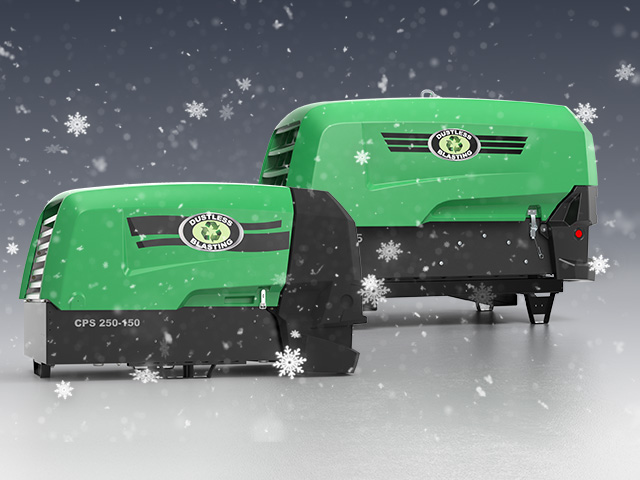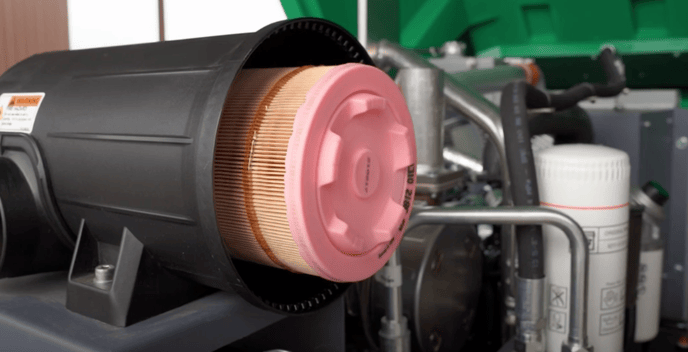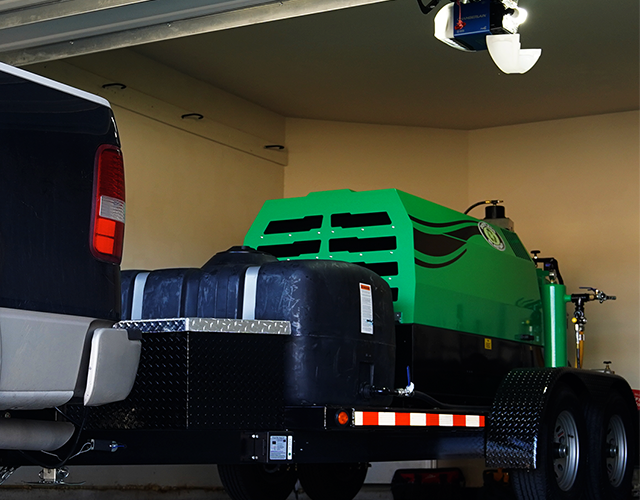How to Winterize Your Compressor
Optimize your air compressor for winter weather. Learn vital maintenance techniques including regular draining, insulation of air lines, and proper storage.
With the shifting seasons and winter on the horizon, it’s pivotal to ensure your air compressor is primed for peak performance, even in chilly conditions. Just as you prepare your home and vehicle for the colder months, your air compressor deserves a bit of TLC to keep it humming smoothly.

To ready your compressor for winter, follow these vital tips to minimize downtime and uphold its reliability for your operations, whether facing temperature drops or snowfall.
Start by consulting your air compressor’s manual. Delve into the manufacturer’s recommendations in the owner’s manual, as each portable air compressor may come with specific guidelines for winterization, including temperature limits and maintenance instructions.
Next up, inspect air filters and be prepared for replacement if needed. Colder conditions can expedite the clogging of air filters due to condensation and debris. Regularly check the air filter and swap it out if dirty or clogged to ensure optimal air intake.

Combat increased moisture in winter by draining your compressor regularly. The cold weather tends to bring more moisture into the air, and excess moisture in your compressor’s tank can lead to corrosion and reduced efficiency. After each use, drain the tank, and consider adding a moisture trap or air dryer to stave off winter-related moisture issues.
Ensure your compressor’s lubricants are up to the task in colder temperatures. The viscosity of lubricants can change in the cold, affecting your compressor’s performance. Make sure to use the recommended lubricants suitable for winter use.
Guard against the cold’s impact on air lines and hoses by insulating them. Extreme cold can render them brittle, causing cracks or freezing. Insulate these components with suitable materials to maintain flexibility and prevent damage.
When your compressor is not in use, opt for indoor storage whenever possible. Extreme cold temperatures can hamper the compressor’s performance and its components. If indoor storage isn’t feasible, consider using a portable shelter or cover to shield it from the elements. And when storing the compressor, disconnect the power cable from the battery for safety.

Lastly, be vigilant for air leaks, which can become more apparent in cold weather, diminishing efficiency and performance. Regularly inspect your compressor for leaks and promptly address them to maintain optimal operation.
If you are working with an Elgi compressor and would like further assistance, you can contact them here.
If you are working with a Chicago Pneumatic compressor and would like further assistance, you can contact them here.
